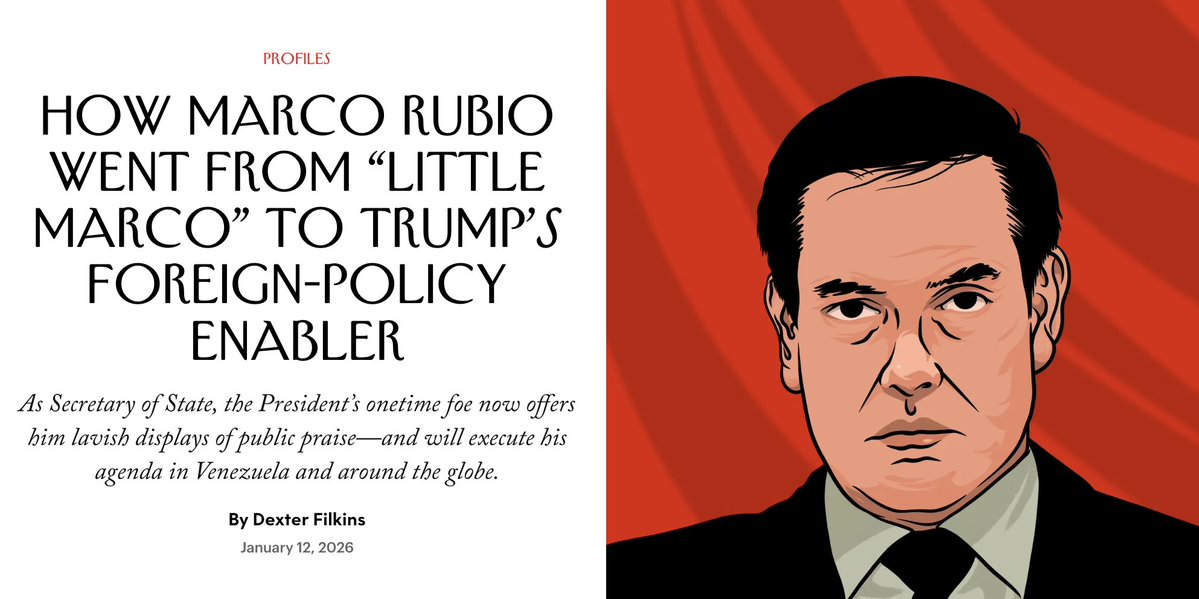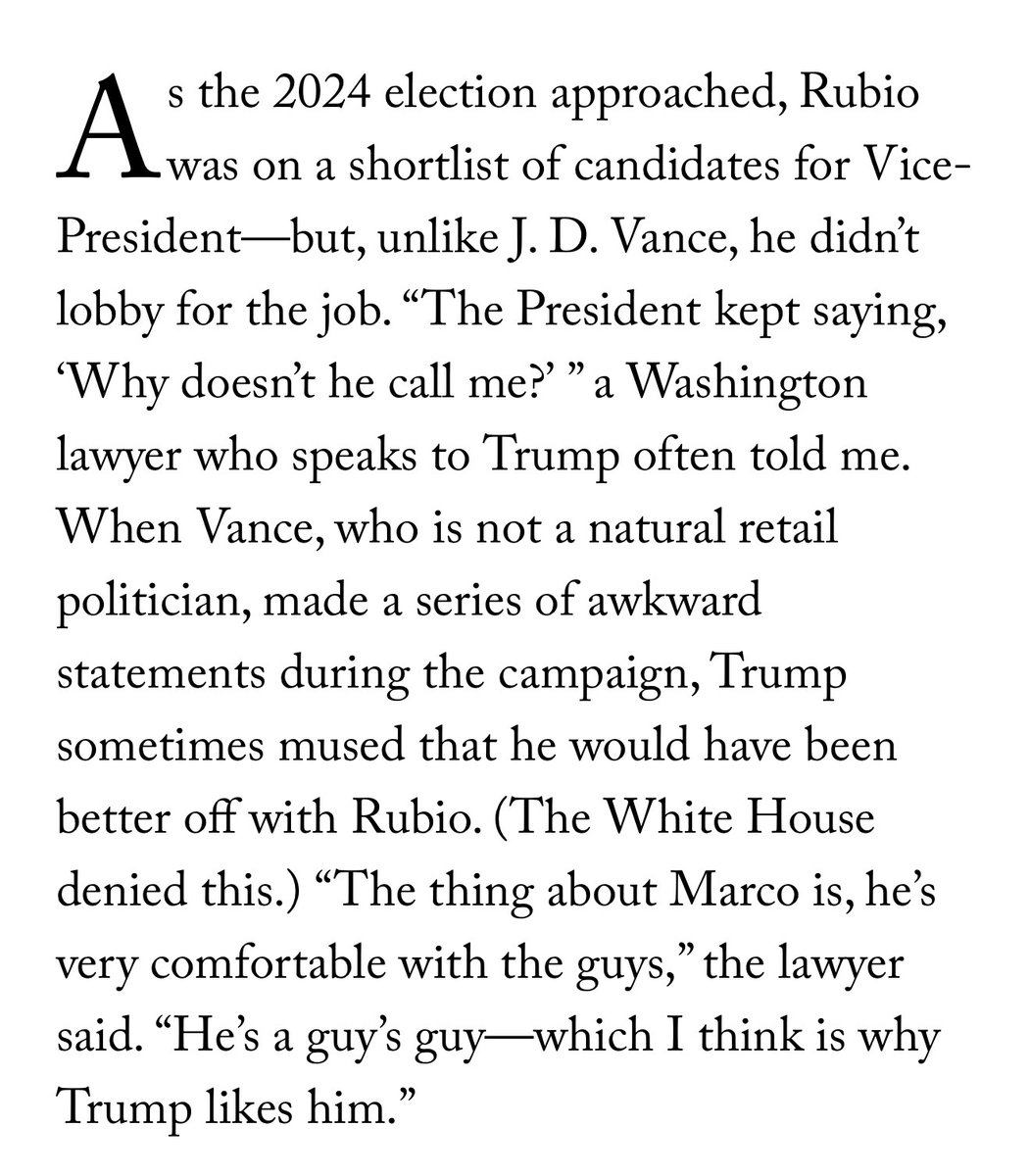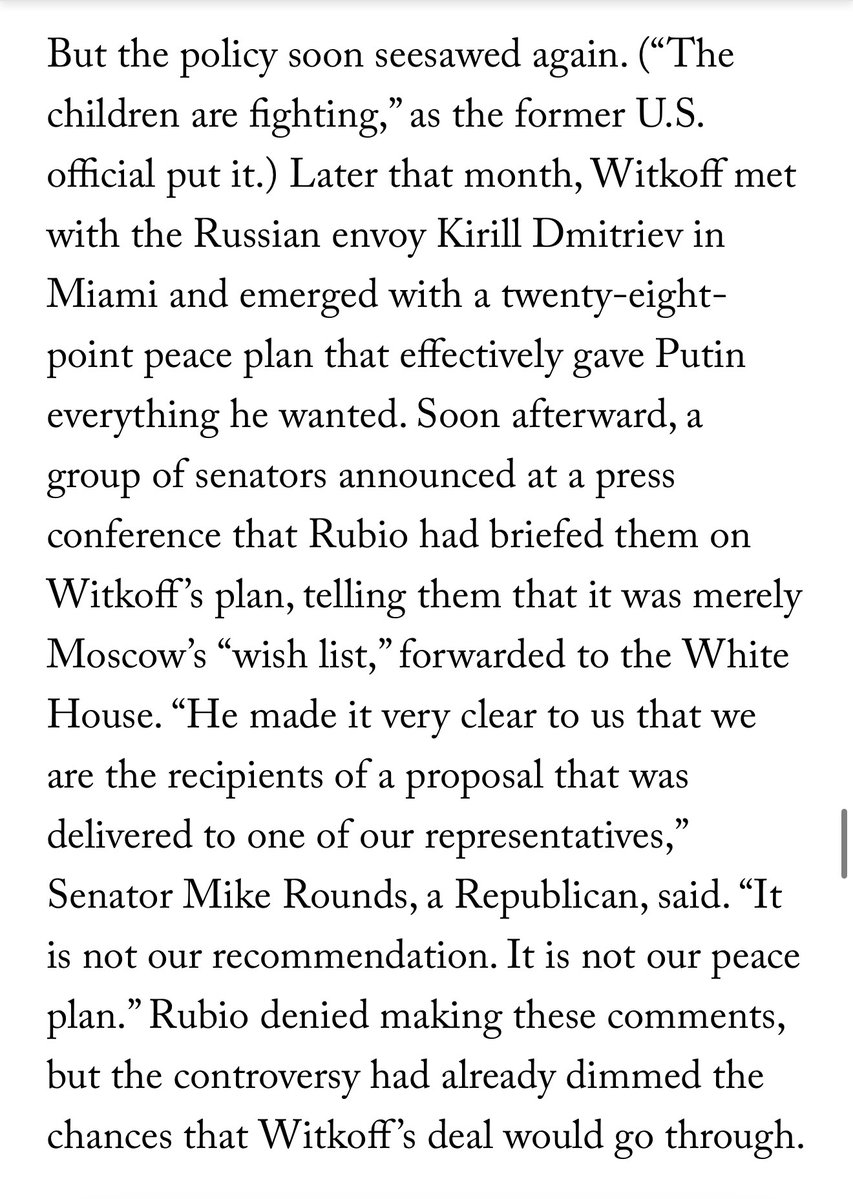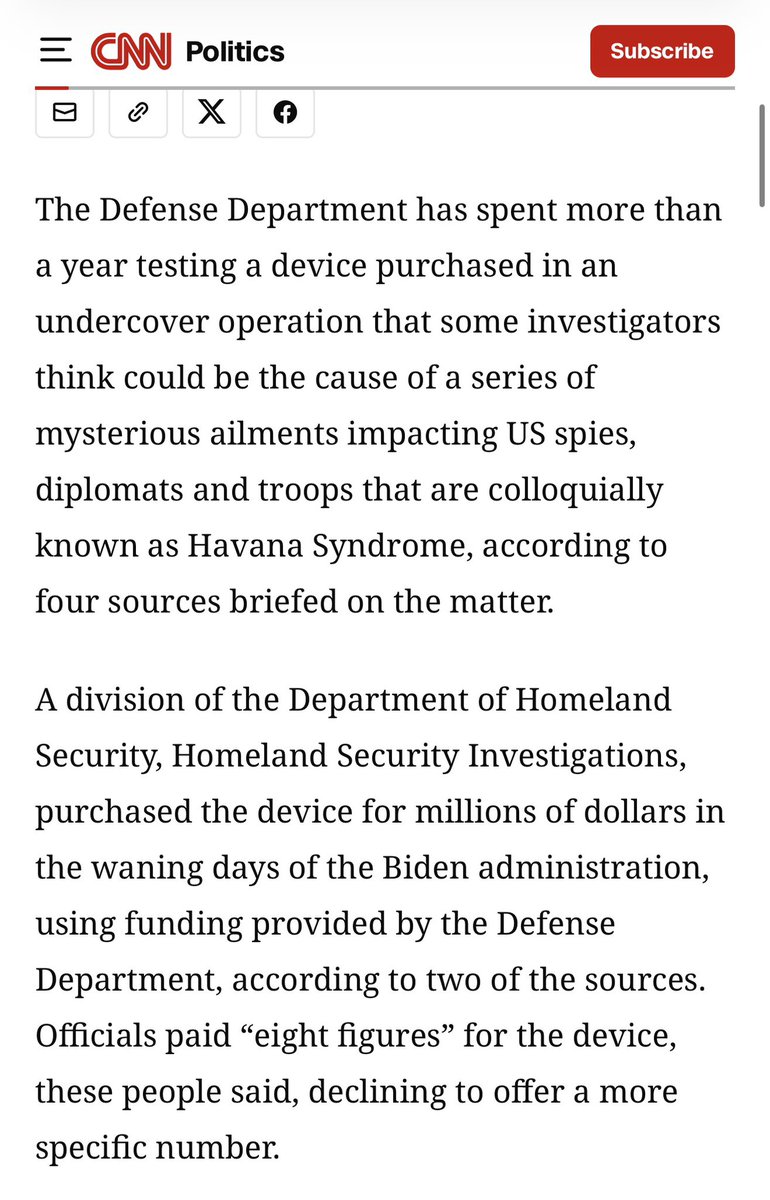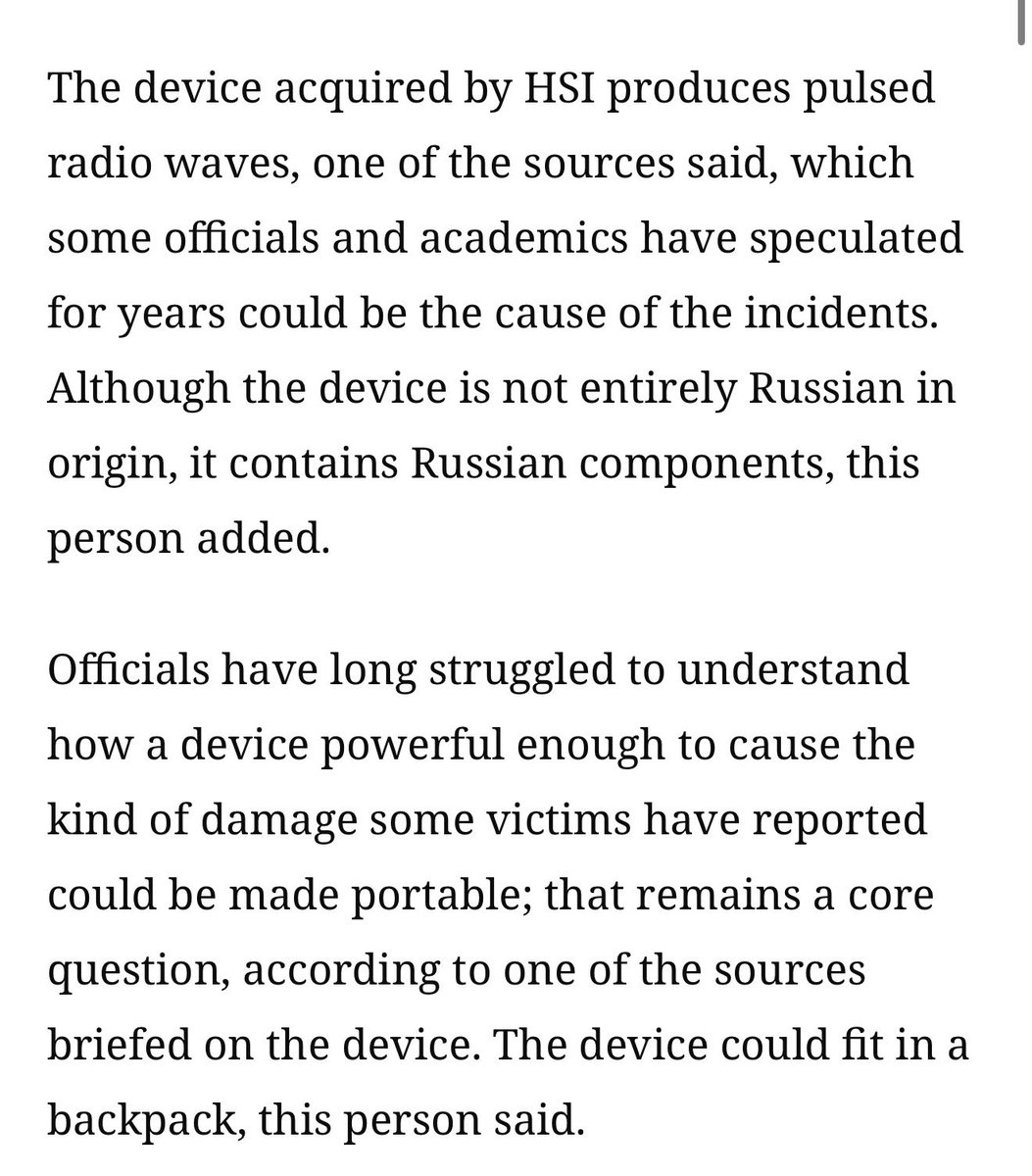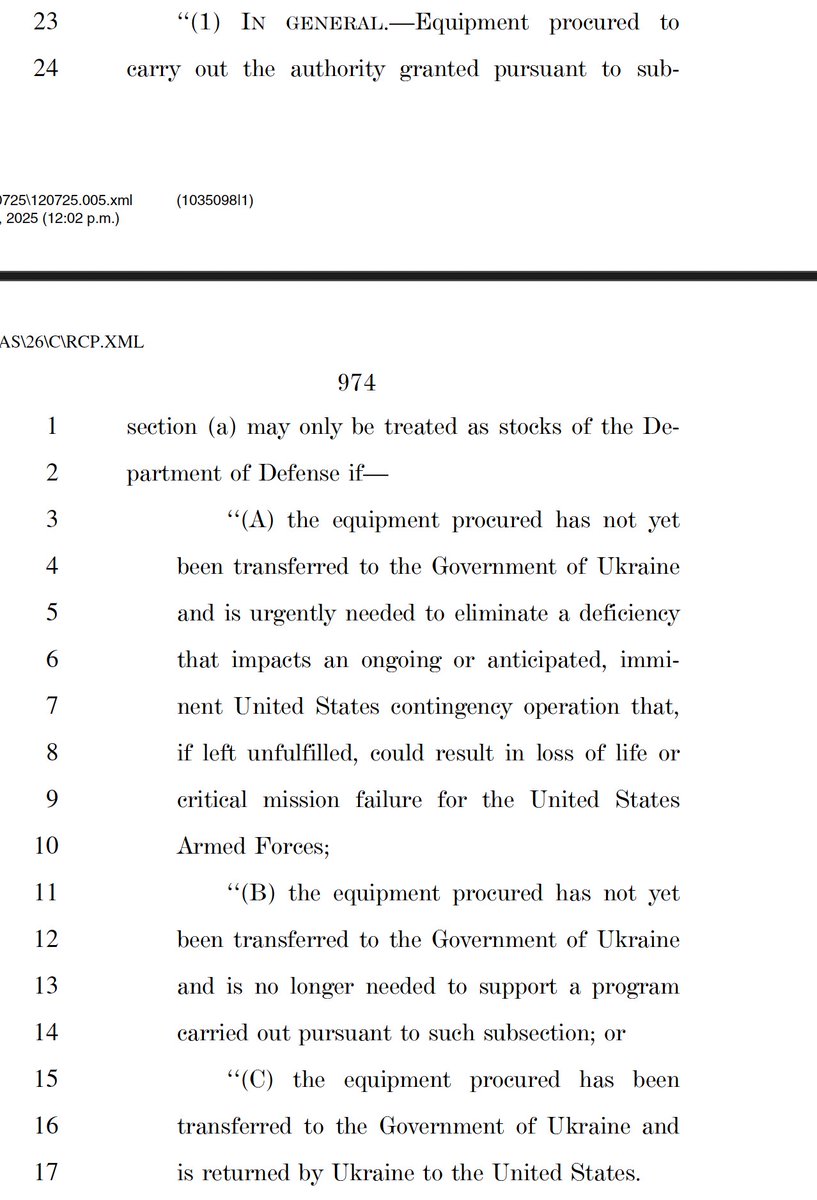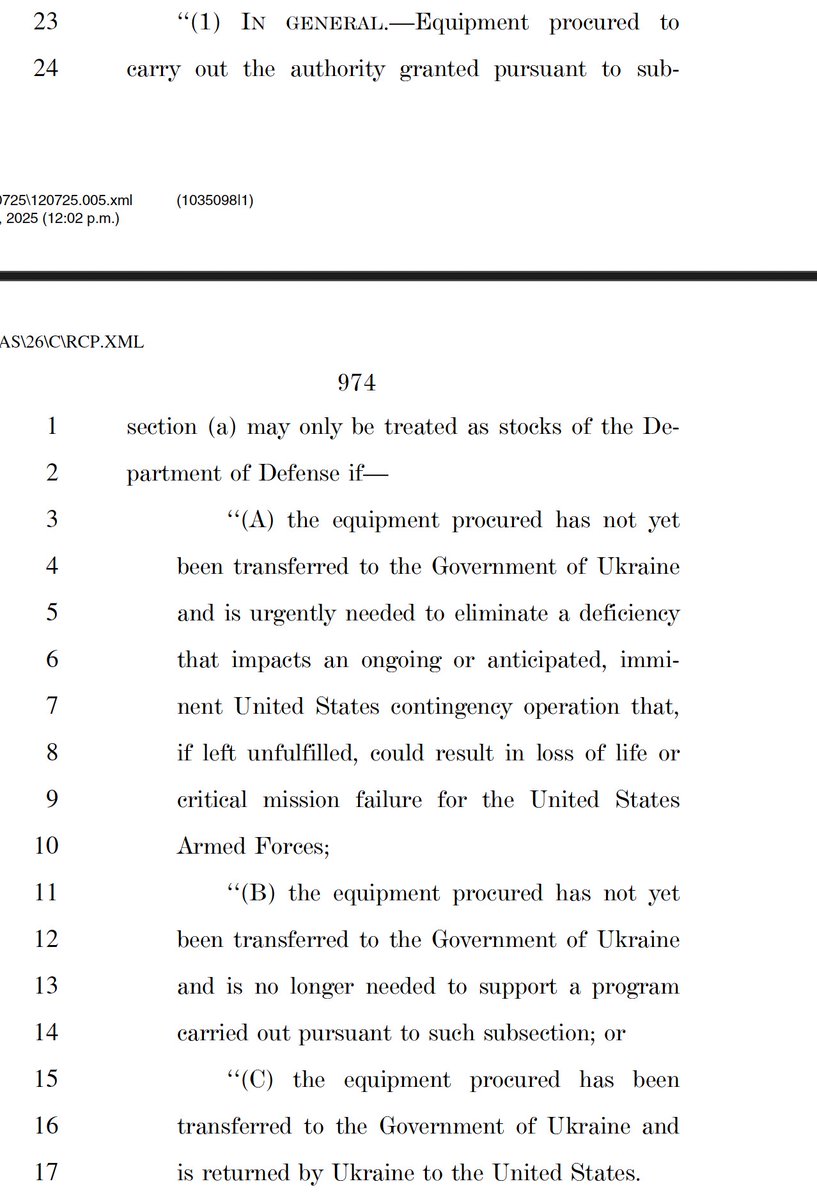NEW: Using a massive database compiled on the Wagner Group by former Ukrainian intelligence officers, we found and interviewed half a dozen families who have lost sons, husbands or brothers in Vladimir Putin's mercenary army. A four-month investigation: newlinesmag.com/reportage/the-…
The story behind the story: In September, I traveled to Kyiv to do some reporting for my forthcoming GRU book. I was introduced to Gen. Ihor Guskov, a former counterintelligence officer at the SBU, Ukraine's domestic security service.
With his onetime boss, Vasyl Hrytsak, Guskov now runs the Ukrainian Center of Analytics and Security, a think tank, that continues the work they started at the SBU.
Their database includes more than 4,000 Wagner fighters. Guskov gave me the whole thing.
Their database includes more than 4,000 Wagner fighters. Guskov gave me the whole thing.

Each entry includes a full name, date of birth, callsign, and a ton of photographs mined from social media for every documented fighter. In many cases, Guskov also found last known home addresses for the mercenaries.
Using the latter information, @newlinesmag and its partners @DelfiEE and @dagensnyheter tracked down family members of fallen fighters. All had similar stories to tell about how their relatives were recruited and died on foreign battlefields under the veil of secrecy.
E.g. "Mark didn’t have any military experience that his mother is aware of. Natalya tried to persuade him not to go, but he insisted. 'I said I was against it, but he just said, "Mom, I love you." And that was it,' Natalya says."
"Just a little over a month later Mark was killed. 'He was just cannon fodder,' Natalya says."
Most of the Wagner fighters we profiled are buried in a cemetery in Rostov. Their families have been told not to ask questions or seek any kind of restitution if they ever intend to cross into Russia to visit the gravesites. Some aren't even convinced their loved one is gone.
“How do I know that my brother is dead? I have no death certificate or anything,” asks Oleg, the brother of Aleksandr Motinga, who joined Wagner and is believed to have died in Syria in 2017. 

It was virtually the same story everywhere we went: poor young men with little to no schooling, often from broken or violent homes, lured by ambiguous online adverts with promises of foreign adventure and small fortunes.
One mercenary, Vladislav Apostol, was from a little-populated village near Chișinau. He became notorious after a video surfaced in 2017 showing Apostol and four other Wagner fighters torturing and mutilating Hamadi Bouta, a deserter from the Syrian army.
They bludgeoned, dismembered and immolated Bouta -- on camera. Then they took selfies.
Apostol wielded a sledgehammer.
Apostol wielded a sledgehammer.
In the EU's sanctions package announced this week, that gruesome snuff film was cited as one of the many war crimes Wagner is guilty of.
Dmitry Utkin, the former GRU officer who commands the group, is accused of having ordered this atrocity as well as the filming of it.
Dmitry Utkin, the former GRU officer who commands the group, is accused of having ordered this atrocity as well as the filming of it.
Apostol was killed in that famous firefight with US-backed forces (and US aircraft) near the Conoco gas plant in eastern Syria in March 2018.
Using Gen. Guskov's dataset, we were also able to conduct a demographic analysis of the Wagner Group.
"Among the 4,184 individuals in the database, fighters have come from 15 different countries, and some have multiple citizenships. The majority, 2,708, unsurprisingly hail from Russia, 222 from Ukraine, 17 from Belarus, 11 from Kazakhstan, nine from Moldova, eight from Serbia..." 

"four from Armenia, four from Uzbekistan, three from Bosnia and Herzegovina, two from Kyrgyzstan, two from Tajikistan, two from Syria, two from Turkmenistan and one from Georgia." Some have dual or multiple citizenships.
With respect to fatalities, we found that of "the 372 confirmed dead, 75 are known to have died from 2014 to 2016, 186 in 2017 and 86 in 2018."
According to Hrytsak, the former SBU chief, it is nonsensical to describe Wagner as a "private military company." It is, he says, "Russian military intelligence" and it poses a serious danger not only to Ukraine and the MENA region, but globally.
“If they need to recruit 100 people tomorrow to do something illegal in Europe, these people will fly in dressed in civilian clothes...They will assemble, put on uniforms and take up arms. One small group can very quickly destabilize the situation in any country."
Today's front-page story in @dagensnyheter: "The mercenaries are fighting in Putin's secret army." 

And @DelfiEE's ad for the investigation, broadcast in snowy Tallinn:
NEW: A Syrian army deserter was savagely beaten to death and mutilated on camera by soldiers of the notorious Wagner Group in eastern Syria in 2017. Now his family wants justice. Report by @newlinesmag and Sweden’s @dagensnyheter newlinesmag.com/reportage/fami…
• • •
Missing some Tweet in this thread? You can try to
force a refresh







